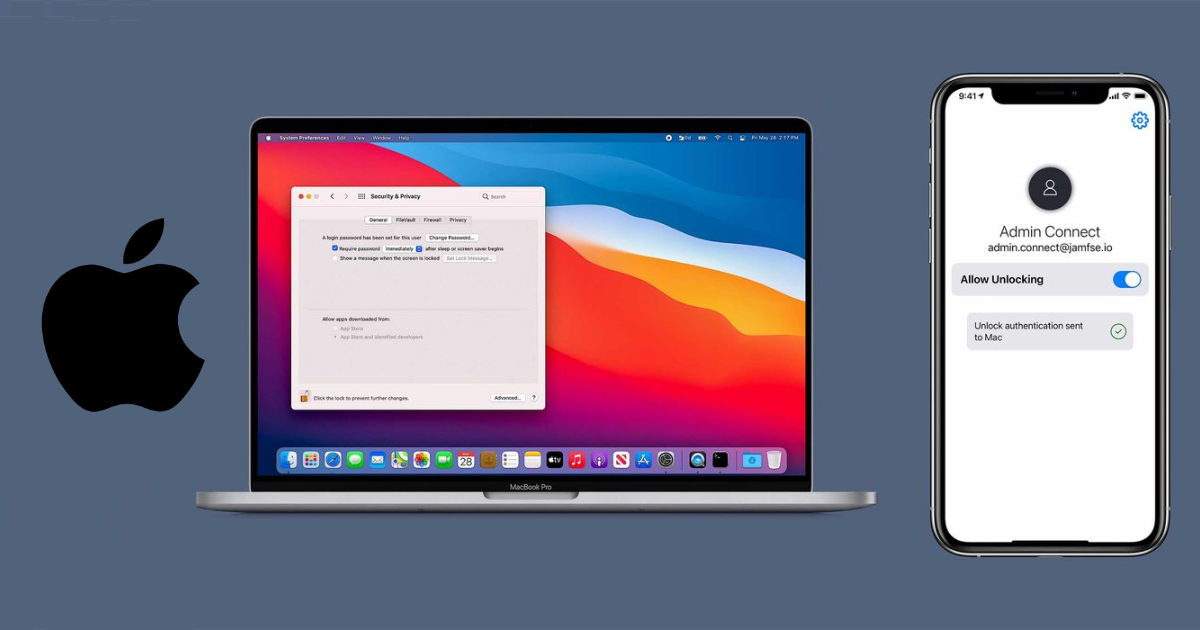Apple has announced a new feature that will simplify the login process for Apple accounts on the web. Starting with iOS 17, iPadOS 17, and macOS Sonoma, the company will automatically assign a passkey to each user, eliminating the need for traditional passwords.
The passkey feature is already functional on iCloud.com and appleid.apple.com for users running the latest developer beta on their devices. Not only will this streamline the login experience for Apple properties, but it will also enable passwordless login on websites that support “Sign in with Apple.” Popular sites such as PayPal, Shopify, and Kayak, among others, will also offer easy sign-up options by scanning a QR code with an iPhone.
Passkeys are an alternative form of authentication that relies on device-based verification methods like Face ID, Touch ID, or a PIN, removing the need to remember complex passwords. It’s important to note that passkeys do not replace passwords entirely but provide a more convenient and secure way to sign in.
Furthermore, once a passkey is generated, it will be synced across multiple Apple devices. However, users will still need to sign in to these devices with a common Apple ID for synchronization to work seamlessly.
Apple’s implementation of passkey authentication follows in the footsteps of Google, which has also embraced this technology for Google Accounts. Google introduced passkeys on Chrome for Windows, macOS, and Android last year, and recently expanded the feature to over 9 million organizations for Workspace and Google Cloud products.
With these advancements in passwordless login, both Apple and Google are striving to enhance user security and simplify the authentication process across various online platforms.



![[CITYPNG.COM]White Google Play PlayStore Logo – 1500×1500](https://startupnews.fyi/wp-content/uploads/2025/08/CITYPNG.COMWhite-Google-Play-PlayStore-Logo-1500x1500-1-630x630.png)